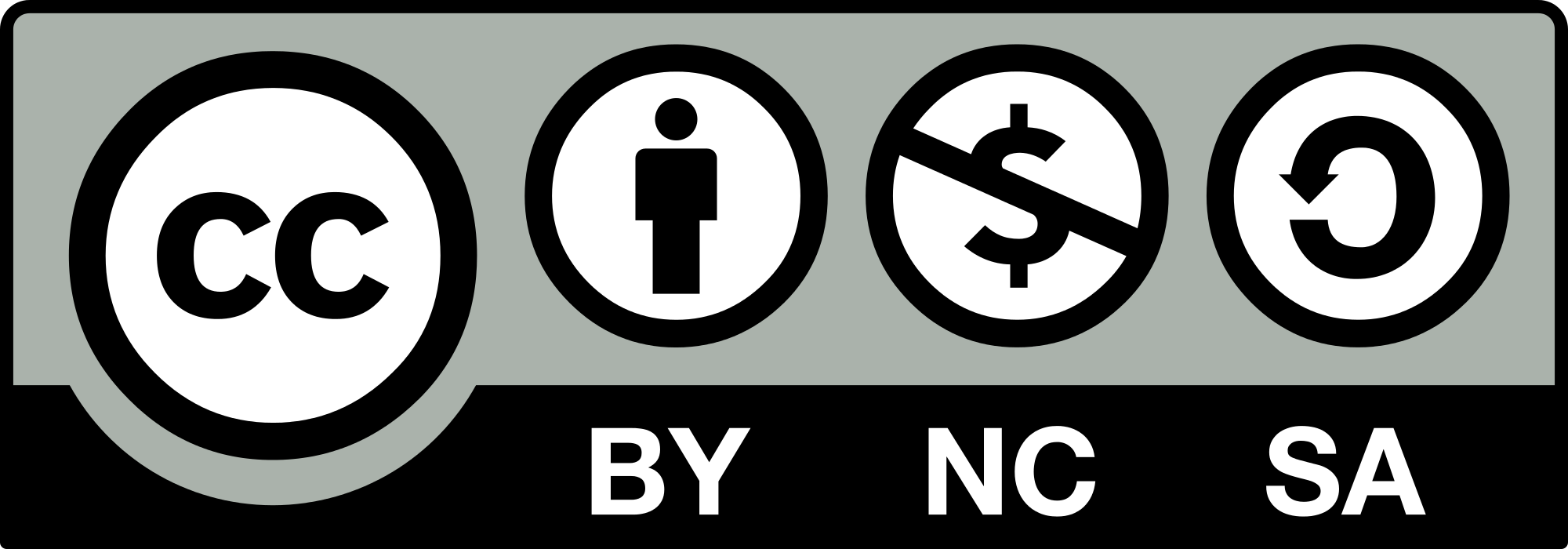Electronic invoicing and banking law as measures to promote better tax collection
Abstract
The purpose of this article is to analyze the various actions carried out by the state and SUNAT in order to combat informality and increase tax collection, the research method was descriptive and correlational, oriented to the tax collection of the commercial sectors. and construction. Statistical data from SUNAT, the Lima Stock Exchange and the Ministry of Economy and Finance were taken, giving as a result that these sectors have been contributing to the Peruvian state with the payment of their General Sales Tax and Income Tax taxes. The collection being lower in 2020 due to the COVID-19 pandemic and increasing in 2021 with the bonds that were granted for economic reactivation. In turn, the state has been implementing measures to increase tax collection; which would come to be electronic invoicing and the reduction of the amount of banking, with this SUNAT would obtain better control and in turn taxpayers would obtain better financial management and reduce costs, thus concluding that the taxes derived from the commercial sector and construction have a degree of incidence in tax collection directly, being necessary to strengthen them, implementing more collection tools, given that they can boost the country's economy.
Downloads

This work is licensed under a Creative Commons Attribution-NonCommercial-ShareAlike 4.0 International License.

















